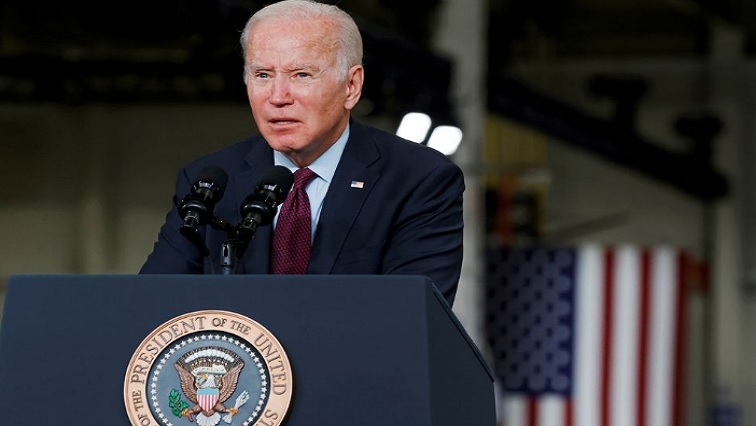US President Joe Biden will deliver a primetime address from the Oval Office later on Thursday night in which he’ll make the case for funding to support the war efforts in Israel and Ukraine.
The White House is expected to submit a supplemental funding request to Congress before the end of the week to the tune of 100 billion dollars to support not just the aforementioned countries but also for Taiwan and to bolster efforts to secure the US southern border with Mexico.
Biden returned to Washington in the early hours this morning after an eight-hour solidarity visit to Israel where he also announced that long-stalled humanitarian aid would be allowed into Gaza via Egypt.
Biden arrived back in the country in the early hours Thursday and will address the nation tonight in what the White House has previewed as an effort to lay out Washington’s response to the Hamas attack on Israel and the ensuing conflict in addition to Russia’s War in Ukraine. He touched on the funding package in remarks in Tel Aviv Wednesday.
“Seventy-five years ago, just 11 minutes after its founding, President Harry S. Truman and the United States of America became the first nation to recognize Israel. We have stood by your side ever since and we’re going to stand by your side now. My administration has been in close touch with your leadership from the first moments of this attack and we are going to make sure we have, you have what you need to protect your people, to defend your nation. For decades, we’ve ensured Israel’s qualitative military edge. And later this week, I’m going to ask the United States Congress for an unprecedented support package for Israel’s defense.”
Biden will seek to explain to Americans why these conflicts in distant places from the homeland matter to US foreign policy and the country’s national security, particularly as public support for continued funding of Ukraine has waned in recent months.
A last-minute bipartisan short-term funding bill to keep the government open, passed after removing a $6 billion aid package for Kyiv.
This, as growing opposition from right-leaning members of the Republican caucus in the House of Representatives raises questions about predictable US support for Ukraine’s military posture in response to Russia’s invasion of its territory. Currently the House has no Speaker after Kevin McCarthy’s ouster in early October.
This was Biden on October 4th, “It does worry me but I know there are a majority of members of the House and Senate and both parties who have said that they support funding Ukraine. I’m going to be announcing very shortly a major speech I’m going to make on this issue and why it’s critically important for the United States and our allies that we keep our commitment. I’m going to make the argument that it’s overwhelmingly in the interests of the United States of America that Ukraine succeeds and it’s overwhelmingly in our interest. I’ve spent two and a half years putting together coalitions that no one thought could be put together and they’ve strengthened us across the board, not just as it relates to Ukraine.”
As the US administration grapples with key foreign policy issues on multiple fronts including a rising China that it continues view as a strategic threat – for now overshadowed by the Israeli-Palestinian conflict. Michael Barnett is a Professor in International Affairs at George Washington University.
“Everybody’s focused on the military and the humanitarian (aid). At the end of the day, there are no military or humanitarian solutions to what are fundamentally political problems. And more importantly for the Biden administration, their fundamental concerns are Ukraine and China. And right now, this is hate to put it in these terms – but it’s a huge distraction. And the fear is that this once again will disrupt as we see the possibility of fully supporting Ukraine or making sure that its China strategy is up and running and so, I think one of the things the Biden administration would like to do is make sure that there’s moderation here (by Israel).”
And in a country divided along ideological lines, Biden will seek to use his bully-pulpit to rally consensus on what he views as key foreign policy objectives.






